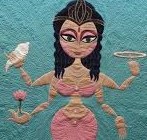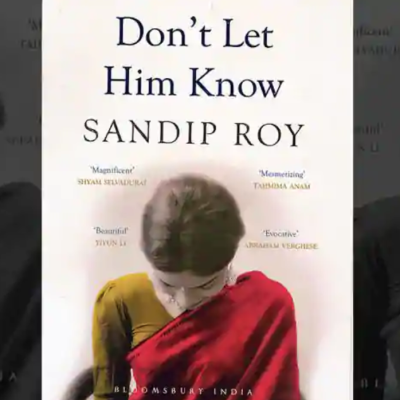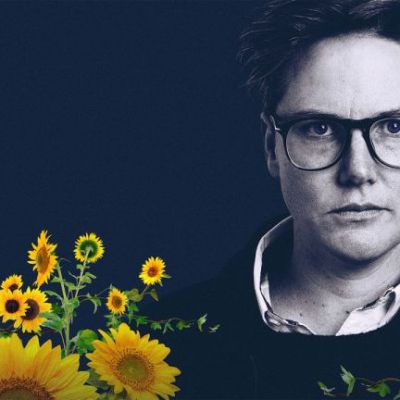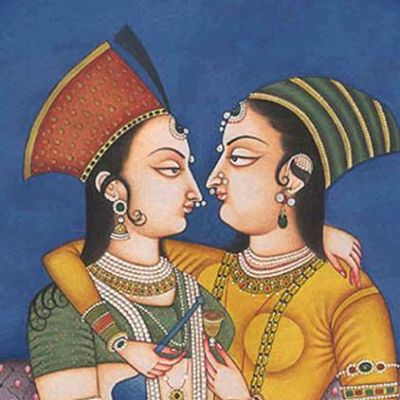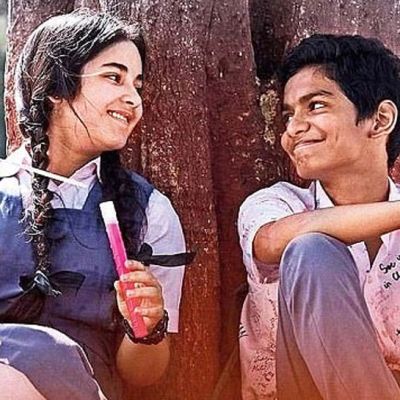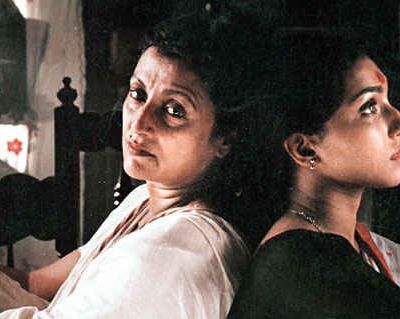Review
But whether you root for this couple or not, Little Things makes you think about the small things – like reading out a line from a book of poetry, sharing a friend’s WhatsApp message with your partner, forgetting to wash your dirty socks before they make the room stink – that make or break a relationship.
Rama and Sita are no longer placeholders for chastity and virtue, but are human and they make excessive demands on each other, they are callous and take each other for granted all the time.
Using silent actions and secret fulfillment of what society considers as sin and the law condemns as illegal, the text offers an example of the silence of resistance.
I found The Butterfly Effect fascinating; it was wonderful to see discussions around porn without a singular lens of exploitation, and to tease out the nuances of how porn can be helpful – as in the case of those who request customs – or not
A woman can be more than something that just exists in a marital home, a woman can be more than just a beautiful body used as a mere decoration in the household. Isn’t it high time we talked about the problems of the terminology used to define beauty and the association of it with sexuality if Chughtai tried doing this in 1941?
Time and time again, Galbaldon asks us, through the character of Claire, to remember that we are travelers, we move and are moved by the interactions and environments around us.
In Nanette, Hannah Gadsby’s hour-long Netflix special that transcends the very notions of stand-up comedy, forces of reclamation, protest, and rage culminate to form a darkly hilarious but heartbreaking diatribe against patriarchy, heteronormativity, violence and marginalisation.
The concluding chapter reiterates the aims of the book, i.e., “to start critical conversations within the disciplines of psychology, social work, childhood studies, and family studies in India and to think about exclusions inherent in these disciplines.
In Nacher Chhele, a 38 year old Avijit stands outside himself, takes a long look at his past, and writes an intense testimonio, which would resonate with many middle class Bengali queer men who grew up in the pre-global, pre-Internet city of Calcutta in the 80s and 90s.
It was a million dollar question. Literally. The Hollywood film Indecent Proposal (1993) had actors Demi Moore and Woody Harrelson…
To us, these sessions illustrated a few of the ways in which wellbeing is tied to sexuality; experiencing or being a part of queer/LGBT*QIA+ spaces by itself leads to reflection, healing, catharsis, and empathy.
It’s an entire genre of poetry known as rekhti, which was characterised by a female speaker and preoccupation with women’s everyday lives.It is counter posed to rekhta, the “literature narrated in the masculine voice”.
Several recent mainstream Hindi films have dealt with issues of sexuality and gender not usually discussed in the intended audience’s drawing rooms.
Paromitar Ek Din is a study in female subjectivity – it is essentially a woman telling the story (or rather, recollecting the story) of another woman, and reflecting upon themes of sexuality, oppression, and gender-based discrimination.
Over time, I realised that ‘home’ meant not just the physical and emotional space occupied by my parents, but also a set of practices or strictures, mostly dictated by parents, related to gender roles, religion, sex, marriage, friendships and ‘appropriate’ behaviour.


